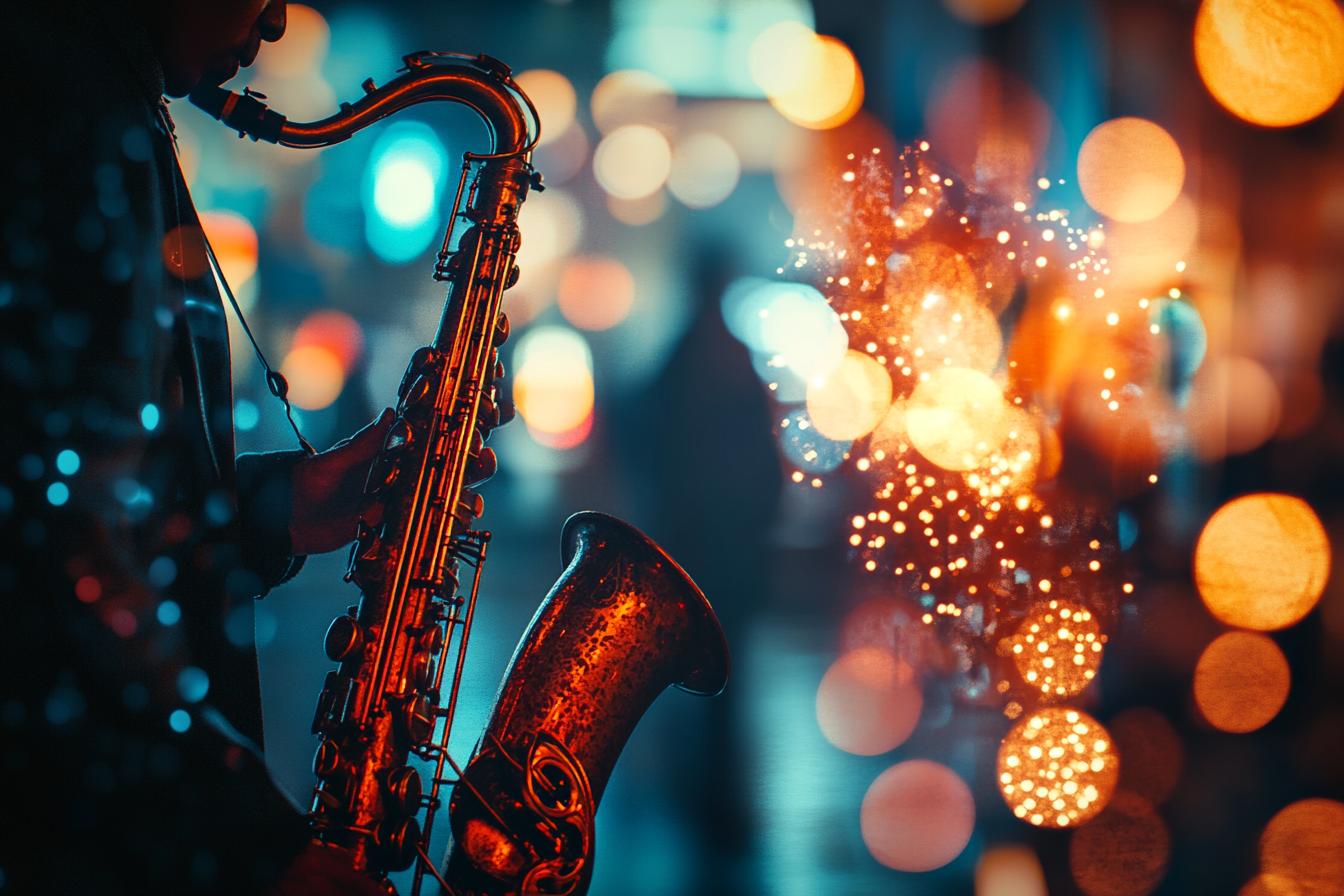The world of jazz radio is a fascinating one, filled with dedicated DJs who are passionate about sharing their love for the genre. These individuals often have a deep knowledge of jazz history and are able to weave together a tapestry of musical styles, from the early days of New Orleans to the modern experimental sounds of today. However, the landscape of radio is changing rapidly, with the rise of streaming services and on-demand listening. This has led to questions about the future of jazz radio and whether it will be able to maintain its relevance in a digital age. Many DJs are embracing these new platforms, creating podcasts and online shows that allow them to reach a wider audience.
Despite the challenges, jazz radio continues to be a vital resource for music lovers. It provides a platform for lesser-known artists to gain exposure and allows listeners to discover new and exciting sounds. The intimate connection between DJ and listener, built upon shared passion and musical knowledge, remains a powerful aspect of the jazz radio experience. For example, I remember listening to a local jazz station in my hometown and hearing a DJ play a piece by a young saxophonist I had never heard of before. The music was so captivating that I immediately sought out more of his work, and I’ve been a fan ever since. These moments of discovery are what make jazz radio such a special and enriching experience.

Jazz Music Rumors
1. Jazz Music Rumors
Jazz music has always been a breeding ground for rumors and speculation. From tales of legendary musicians’ wild lifestyles to whispers of hidden musical secrets, these stories often add a layer of mystique and intrigue to the genre. Sometimes, these rumors are simply exaggerated accounts of real events, while others are entirely fabricated. But even the most outlandish stories can spark conversation and fuel the imagination of jazz enthusiasts.
However, it’s important to remember that not all rumors are true. In fact, many have been debunked over time. Some rumors are spread by fans who are eager to add to the lore of their favorite musicians, while others may be the result of misunderstandings or simple gossip. Regardless of their origins, these rumors can be a fun and engaging part of the jazz experience, reminding us that the music itself is often as mysterious and captivating as the stories that surround it.
2. Origins and Spread of Rumors
Jazz music, from its earliest days, has been a breeding ground for rumors and speculation. The improvisational nature of the music, coupled with the often-secretive world of musicians, has fueled a constant stream of stories and whispers about artists, their lives, and their music. These rumors have often spread through word of mouth, particularly in the vibrant jazz clubs and underground scenes where musicians and fans alike gathered. The lack of widespread access to information, especially in the early days of jazz, contributed to the rapid dissemination of these tales, both true and false.
The rise of social media has further amplified the spread of rumors in the jazz world. With platforms like Twitter and Facebook, stories can travel around the globe in a matter of seconds. While these platforms provide a valuable tool for connecting musicians and fans, they also create a fertile ground for misinformation and speculation. The lack of verification and the ease with which rumors can be shared have made it increasingly difficult to separate fact from fiction in the world of jazz.
3. Impact on Jazz Musicians and Culture
Jazz music rumors have always played a significant role in the lives of jazz musicians and the broader culture. These whispers, often passed through smoky clubs and backstage conversations, have shaped the music’s evolution and its identity. Musicians use rumors to learn about new trends, discover hidden talent, and even negotiate their place in the musical landscape. Rumors can spark creativity, leading to new musical styles and innovations. They can also fuel competition, pushing musicians to strive for excellence and outdo their peers.
Beyond the music itself, jazz rumors have infiltrated the cultural fabric. They offer a glimpse into the lives of jazz musicians, revealing their personal struggles, triumphs, and scandals. The public’s fascination with these stories contributes to the mystique surrounding jazz, making it a subject of endless conversation and debate. However, it is important to remember that rumors can be unreliable and often lack factual basis. It’s crucial to approach these stories with a critical eye and to seek out credible sources before forming conclusions.
4. Famous Jazz Rumors and Their Truth
Jazz music, with its improvisational nature and rich history, has spawned numerous myths and rumors. One persistent tale claims that Louis Armstrong invented scat singing. While Armstrong certainly popularized the style, scat singing actually predates him. Early jazz singers like King Oliver and Emmett Hardy employed scat-like vocalizations in the 1920s. Another common rumor is that Charlie Parker was a heroin addict. While Parker did struggle with addiction, this rumor was often used to sensationalize his life and overshadow his musical genius. It is important to remember that Parker’s addiction was a personal struggle, and his music continues to inspire and captivate audiences worldwide.
The jazz world is full of stories, some true, some exaggerated. For example, the rumor that Miles Davis was a difficult person to work with is not entirely unfounded. Davis was known for his demanding nature and his desire for perfection. However, this reputation often overshadows his groundbreaking contributions to jazz music. He was a musical innovator who pushed the boundaries of jazz, and his influence on generations of musicians is undeniable. Ultimately, separating fact from fiction in the world of jazz requires careful research and a willingness to look beyond the sensationalized stories.
5. The Role of Media in Spreading Rumors
The media, in all its forms, plays a significant role in the spread of rumors, especially in the world of music. News outlets, social media platforms, and even blogs can quickly amplify a rumor, often without proper verification. This can be particularly damaging in the realm of jazz music, where rumors about musicians’ personal lives, creative differences, and even musical styles can quickly gain traction and impact public perception. The speed and reach of online platforms, in particular, make it easy for rumors to spread like wildfire, often without any factual basis.
Furthermore, the media’s focus on sensationalism and controversy often contributes to the spread of rumors. Headline-grabbing stories, even if they lack substance, can attract attention and generate clicks, further fueling the rumor mill. This can have a detrimental effect on musicians’ reputations, leading to unnecessary public scrutiny and potentially harming their careers. It is essential for media outlets to exercise caution and responsibility when reporting on rumors, ensuring that they are accurate, verified, and presented in a balanced and fair manner.
Conclusions
So, there you have it – the wild world of jazz music rumors! We’ve explored how these stories spread like wildfire, starting from whispers in smoky jazz clubs and making their way onto the radio waves. From tales of rivalries and scandals to rumors about musical innovations, these stories have shaped the way we understand jazz musicians and their culture. We even busted some myths about famous jazz legends, revealing the truth behind the hype. And let’s not forget the role of the media, which sometimes fuels these rumors, spreading them far and wide. Ultimately, these rumors are a reminder that jazz music is a vibrant and dynamic art form, full of mystery and intrigue.
